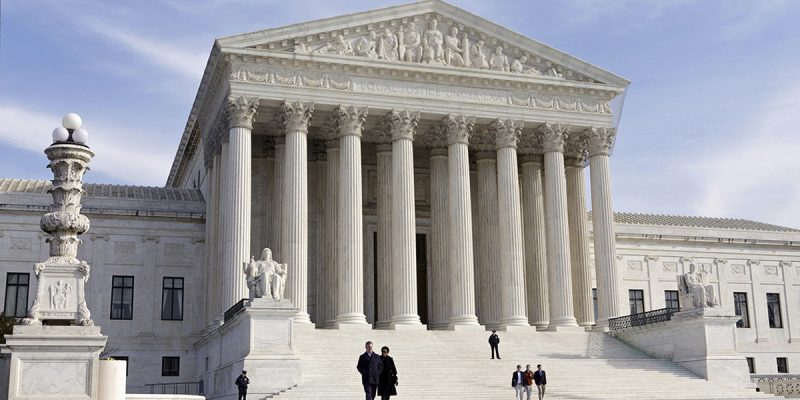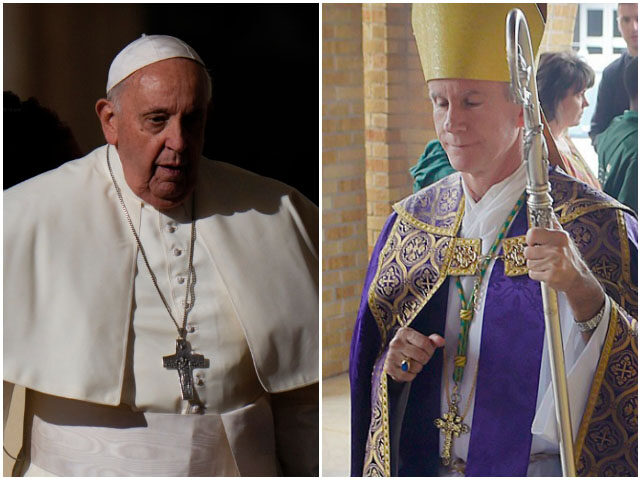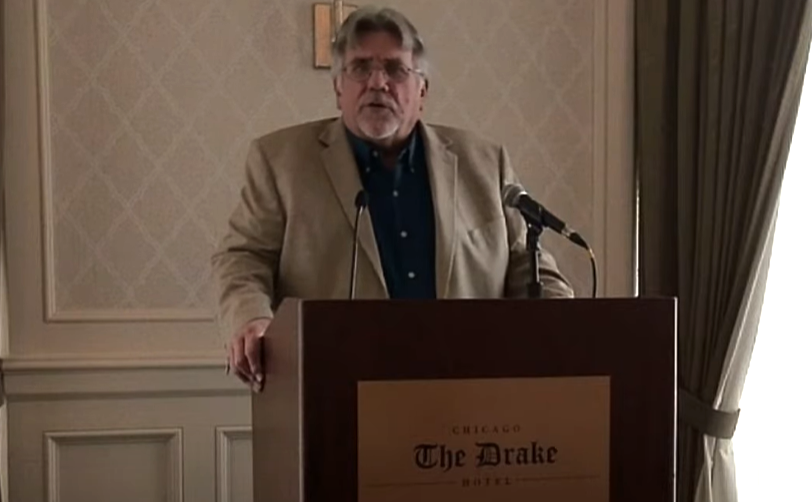Roe v. Wade Was Always Constitutionally Suspect, by Royal Alexander

Leo XIII: A Strong Pope Who Still Challenges the Modern World, by Peter Kwasniewski
June 3, 2019
Bishop Tobin: Catholics Should Not Support Pride Month, by Jack Perry
June 3, 2019
By Royal Alexander, The Hayride, May 30th, 2019
Editor’s Note: A guest post by Shreveport attorney Royal Alexander.
In recent weeks several states, including Alabama, Mississippi, Ohio, Georgia and, likely, soon Louisiana, will have passed new pro-life legislation. In this article I put aside the moral implications of abortion, which are myriad and profound, and focus on the Roe v. Wade decision strictly as a matter of constitutional law. That’s a question which is bound to take a central place in the American discussion as the new abortion laws wind their way through the courts.
Recall first that the framers of our Constitution intended to and thought they had created a system of federalism in which the states and the federal government co-exist. The federal government would be one of limited, enumerated powers and could assert only those powers specifically granted by the Constitution. All other powers were reserved to the states and the people and any action by a state government was presumptively valid unless it violated some specific limitation imposed by the U.S. Constitution.
Now to Roe v. Wade. There is simply no constitutional basis for the decision. Nowhere in our Constitution is there a “right to abortion.” So, how did the Roe Court discover a “right” to abortion? By engaging in clever reasoning and wordplay.
The Court examined the 14th Amendment and its “liberty” clause and from that carved out a “right to privacy.” Over the years the Court has found that this right to privacy included such liberties as the right to use contraceptives within marriage, child-rearing, private homosexual acts and education. However, by including abortion in the privacy interest the U.S. Supreme Court—nine unelected, life-tenured federal judges—took the issue away from the states and from the Congress and, moving well beyond its proper judicial role in our separation of powers, acted as a super-legislature and imposed its own social and cultural preferences regarding abortion.
This is a highly illegitimate exercise of legal power. There is no explicit right to privacy in the Constitution but even if there were it cannot plausibly be thought to include the right to abort a baby—a separate and distinct human being.
https://thehayride.com/2019/05/alexander-roe-v-wade-was-always-constitutionally-suspect/




